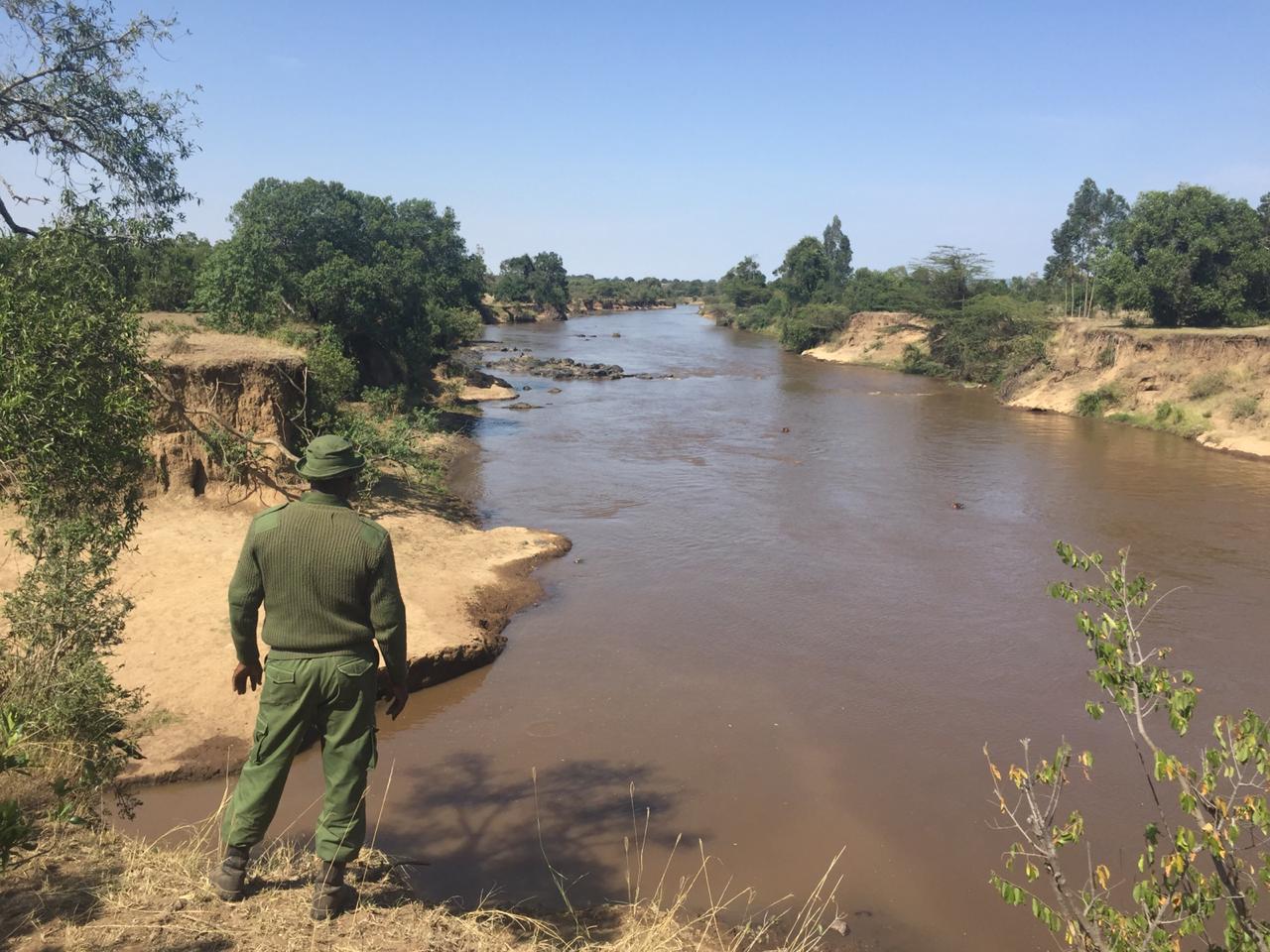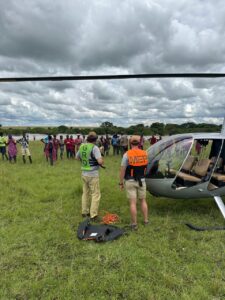#WorldRangerDay takes on a whole new meaning in 2020 during a pandemic when their work, more than ever, has been crucial to not only keeping wildlife and habitat protected during this uncertain time but to increase protection for communities who are struggling economically. Mara Elephant Project rangers are the first responders in our area of operation, which makes them essential to security during an insecure time. When COVID-19 hit, we remained in the field at work collecting snares, shutting down illegal logging sites, arresting poachers, providing first aid, hand washing stations and PPE to communities and monitoring the Mara’s elephants to ensure their well-being.
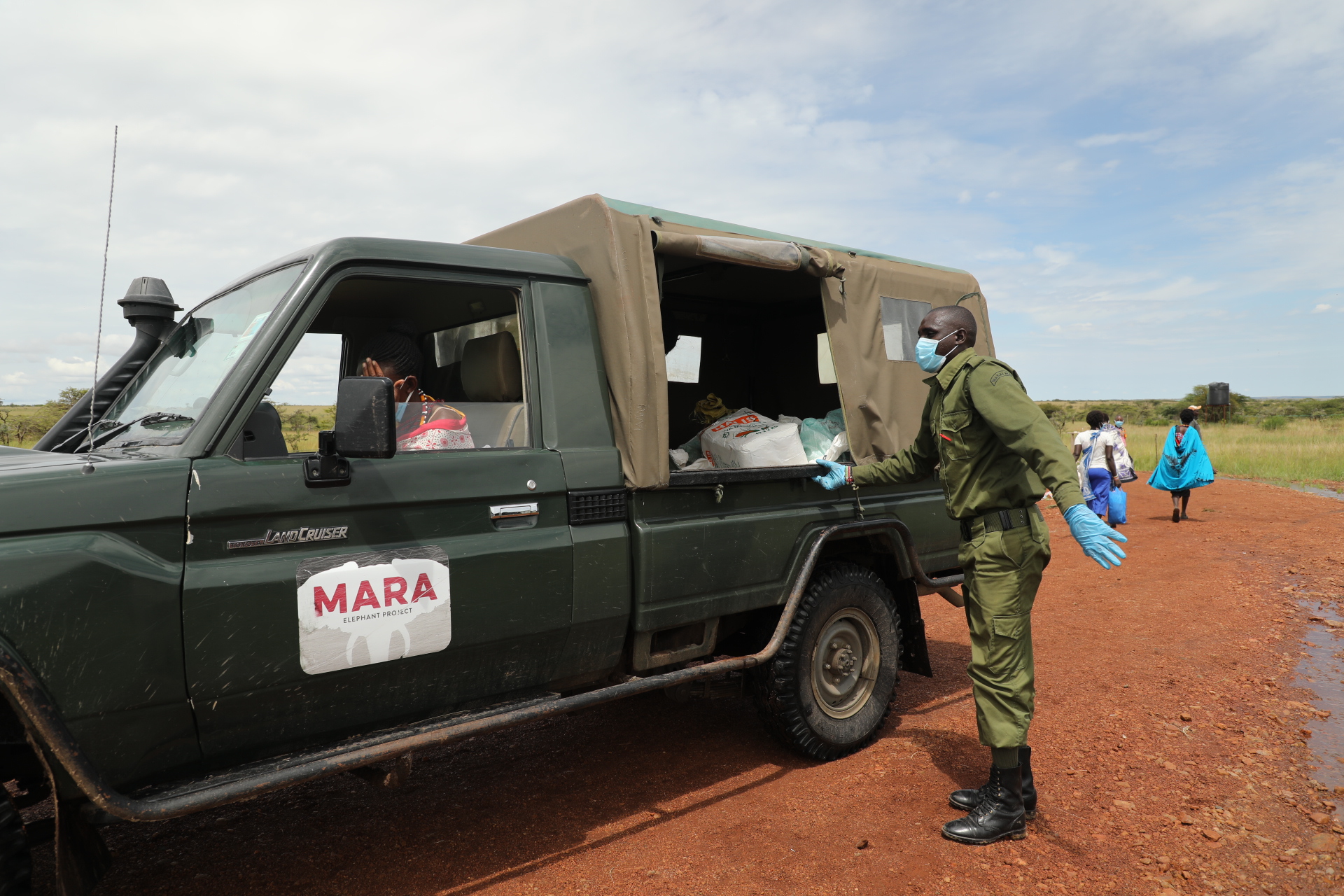
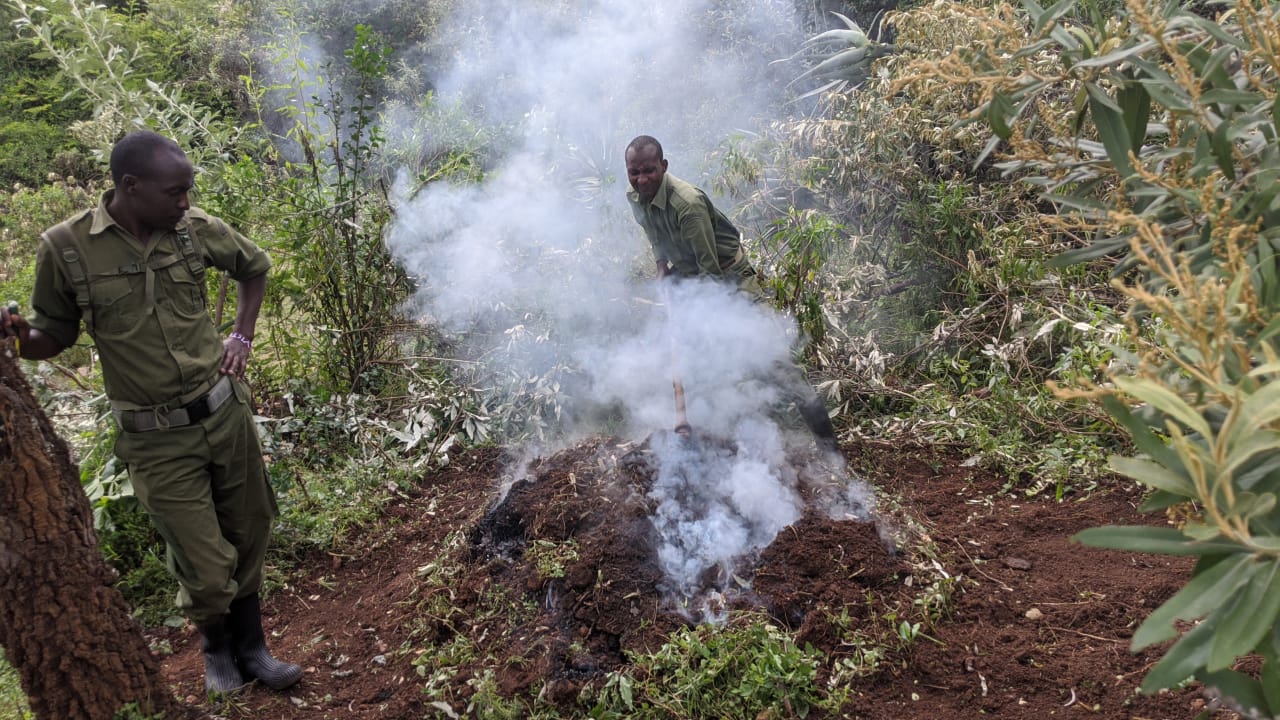
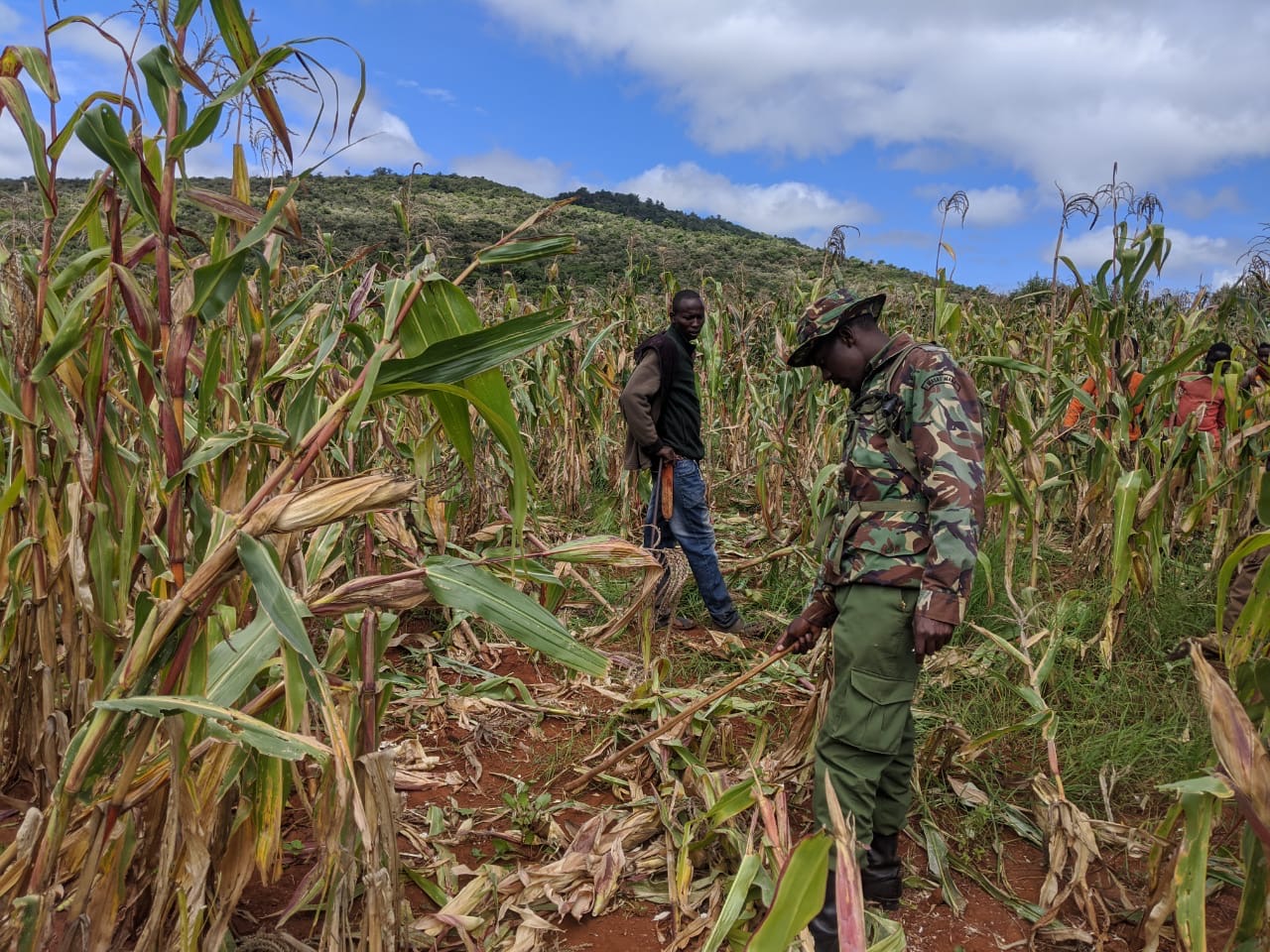
A first of its kind study recently published in the journal, Parks, surveyed rangers in Africa, Asia and Latin America and found that 88.6% of African rangers faced life threatening situations during the course of their work. The study conducted by World Wildlife Fund and Global Wildlife Conservation also found most rangers lacking the proper equipment and training to complete their jobs.
These are two areas that Mara Elephant Project takes very seriously when it comes to our ranger’s ability to do their job. We ensure each ranger has the proper field, emergency and comms equipment. And each ranger receives in-house training and additional skills and asset training so that they can grow professionally. New equipment like projectile flares that are used to attract attention from a search and rescue aircraft help keep rangers safe. Ensuring they have well stocked medical kits helps them treat themselves or others in the event of a medical emergency. Power flashlights help them respond to conflict safely at night and Garmin InReach devices that have SOS location capabilities alert HQ at the first sign of trouble.
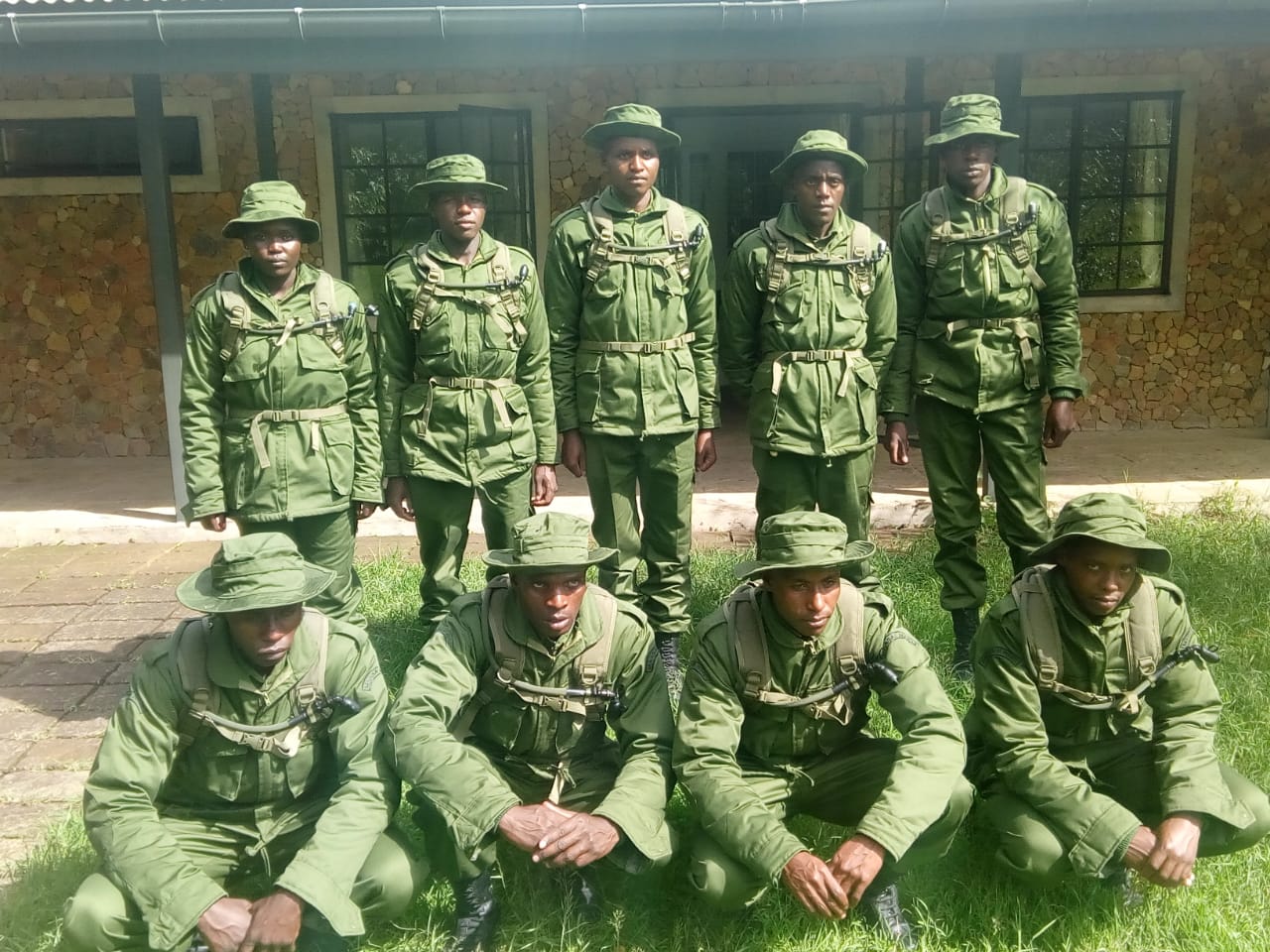
It costs $5,200 a year to equip a team of seven rangers with lifesaving items like these as well as other essentials for life lived in the field.
Training is also essential to keeping rangers safe while deployed in the field. Just this year, in March, Sheldrick Wildlife Trust Mau De-Snaring Unit rangers Caren Cheptoo Yegon, Edward Meitamei Kuyo and Philemon Kibet Koech all participated in the LEAD ranger training in Tsavo. Caren proved to be of top aptitude in her field medical package, which qualified her for additional training in Tsavo from Ranger Campus. While at Ranger Campus, Caren has not only excelled, she’s been noted as a “top 1%” recruit and has earned many distinctions in the course.
Currently the bulk of MEP operations is the daily wildlife security which we furnish over a large diverse area. Each security staff member of MEP undergoes in-house basic tactical training which provides the platform for navigating dangerous situations while out in the field. Support training including computer literacy, driver training, asset training, and other specific skills training outside paramilitary training is also part of MEP’s ranger development program. The wide skills training and the specific training enables our rangers to focus on their dangerous job of protecting wildlife, communities and habitat.

Help support ranger training today!
The study also found that overall, more of a quarter of the rangers surveyed only saw their families for less than five days in a month. While MEP rangers can be stationed in the field for up to 2 months at a time, MEP feels it’s critical to make sure their families are properly cared for while they are away. This is why in 2019, we started the MEP ranger school fees program that was supported by Asilia Giving and MEP Trustee Beatrice Karanja in 2019. This program ensures each MEP ranger can have the school fees provided in full for up to two of their children for a year for any level of schooling up to Secondary Level. The application process is offered to all MEP staff and rangers and you’re required to bring a school admission letter and fee structure which is all approved by MEP CEO Marc Goss and the MEP Trustee Board of Directors. The ranger school fees program supported 42 MEP rangers to send 84 children to school in 2019.
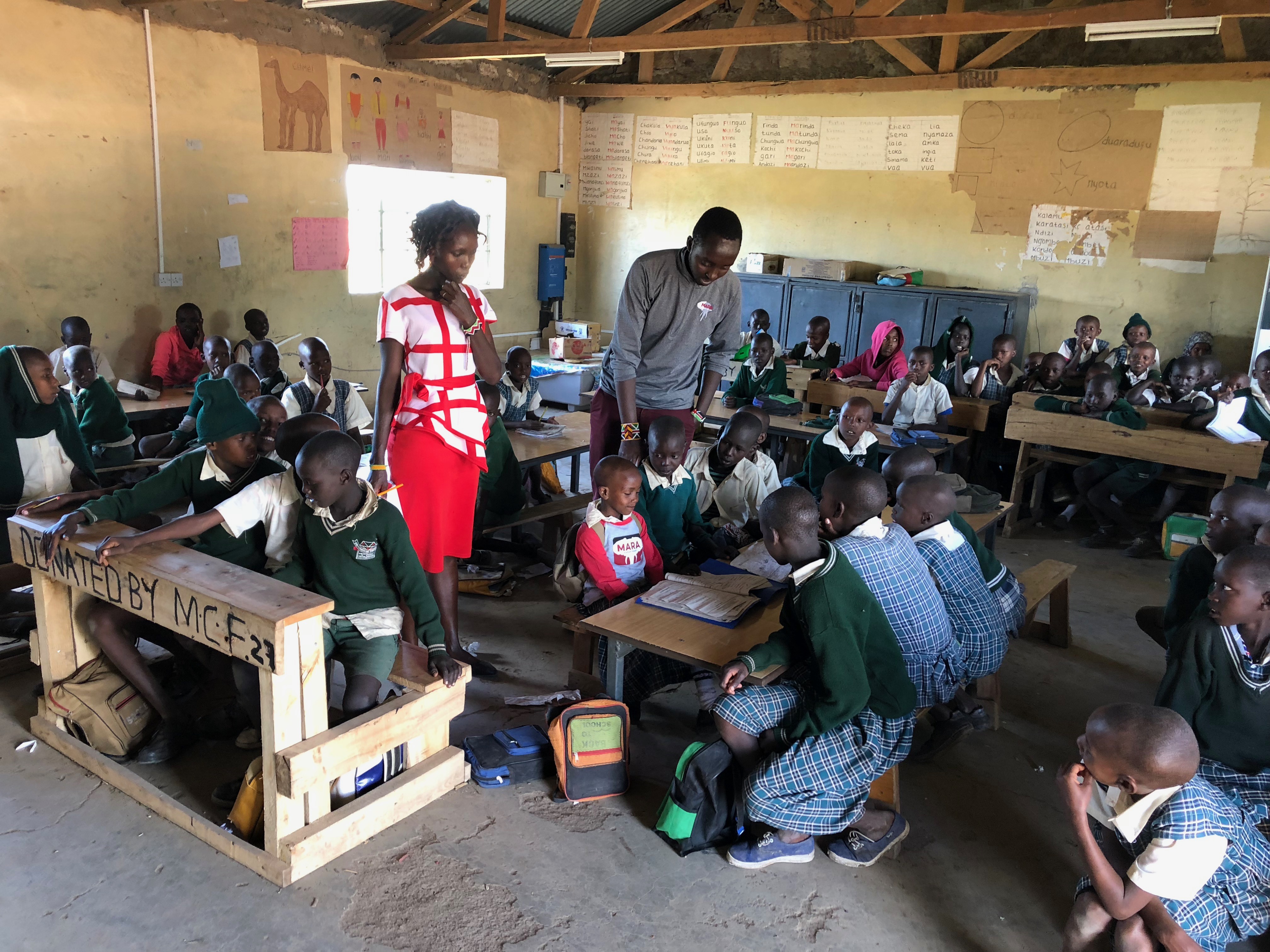
Once school resumes in Kenya, MEP will pay these children’s tuition in full and we need your support to do it!
One of the largest costs for parents living and working in Kenya is education and MEP rangers are no exception. They work in very tough conditions and need to know that their families are taken care of as it has enabled MEP’s rangers to make a big impact in the Mara.
The study found that most rangers understand they are the pillars of their community and are looked up to for the job they are doing; however, this praise isn’t enough in MEP’s opinion. They must be supported with proper equipment, training and family support while they are out in the Mara risking their lives to secure the Mara’s wildlife, communities and habitat.
